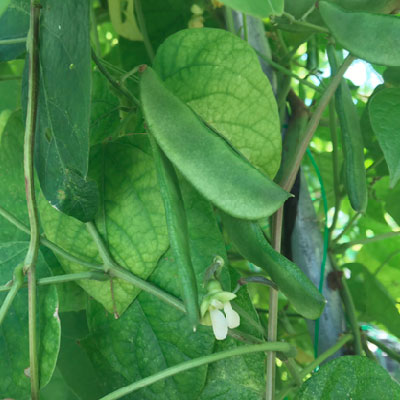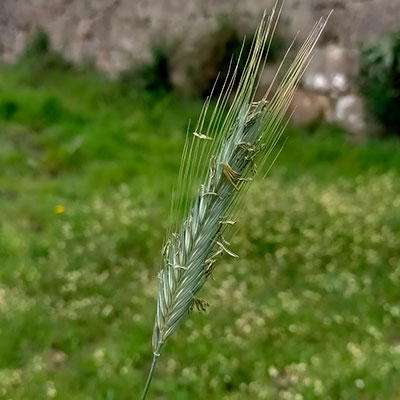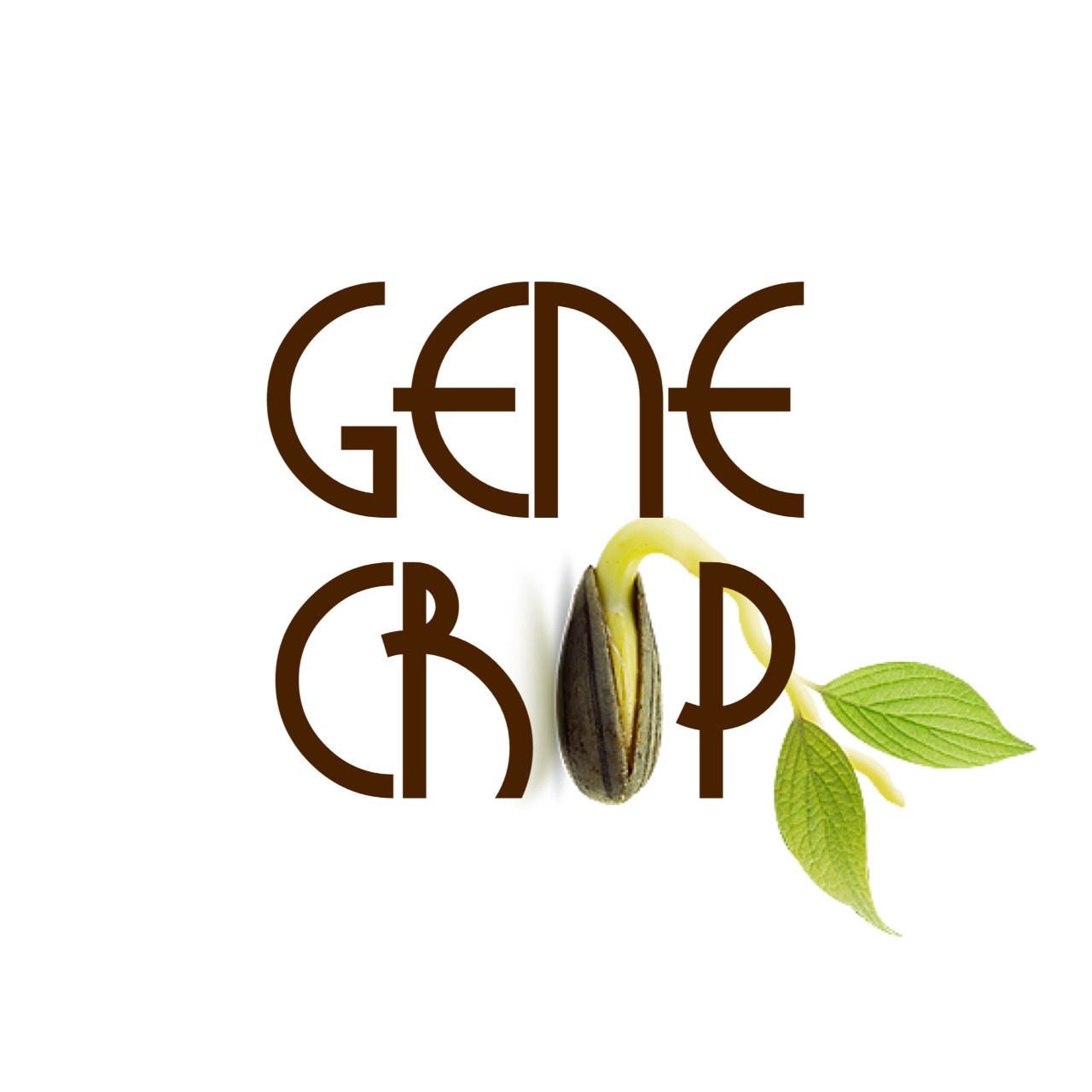Genecrop
GENECROP is a competitive research unit of the Galician R&D System in the Groups with growth potential modality financed by the Xunta de Galicia.
The general objective of GENECROP is the comprehensive study of agricultural production, including programs for genetic improvement, sustainability, technological processes for its transformation and use of the waste generated during it.
All this, in order to improve the quality and, where appropriate, the safety of the food consumed, providing a greater degree of acceptance, thus allowing greater profitability to producers and the development of the agri-food industry.

GENECROP focusses in several lines of work, where some of the actions described are transversal to different lines, and that would be included through the following two main axes:

Production of raw materials of agricultural origin
In Galicia, the production of raw materials of vegetable origin has a fundamental character within the agri-food sector. In addition to contributing significantly to the economic wealth of the primary sector, agricultural production enhances the food processing industry and acts as an important backbone of rural development.
Research branches:
GENETIC RESOURCES AND IMPROVEMENT
Characterization and conservation of agricultural genetic resources
The characterization and conservation of genetic resources guarantees the maintenance of biodiversity and is a fundamental pillar of quality, food security and sustainable development. Within the framework of this diversity, the quantification of variability and detection of characters of interest are essential for the development of improvement programs, and the obtaining of new materials that improve existing ones and that respond to the demands of the sector.
For this, it is necessary to advance in the knowledge and in the analysis of the genetic variability existing in the germplasm collections (legumes, pseudo and cereals, vine, Galician olive tree, old cultivated rose), and in the identification and evaluation of characters of interest, as well as in the study of its genetic regulation. The proper conservation of these resources, and their enhancement through the study of resistance / tolerance to diseases, water deficit, nitrogen fertilization, nutritional characteristics, crop phenology (flowering and senescence) and fruit maturation, especially of adapted autochthonous varieties, it is essential for the conservation of adaptation, quality and yield genes, and for obtaining differentiated varieties that can have a place in specific markets and that contribute to the sustainability of agricultural systems.
Genetic improvement and agricultural genomics
These strategies include genetic improvement and genomic analysis of the different species and varieties to improve their productive characteristics and their adaptation to both the environment and the social demand for products (in quantity and quality). This involves the identification and selection of genes that positively affect agricultural production, or those related to resistance to diseases, tolerance to water deficit, or to improving the quality of the final product. All this using biotechnological tools based on polygenic selection and genomic improvement, massive analysis, bioinformatics and transcriptomics. This information can be subsequently implemented in improvement programs, whether based on classical or molecular methods, in order to achieve the development of varieties adapted to the region, of higher quality, more efficient in the use of resources and tolerant to stress.
Physiological bases of agricultural production and sustainability
Physiological bases of agricultural production
The study of the key processes for the development of crops, in order to improve their performance in fundamental aspects such as plant architecture, flowering, fruit ripening and senescence. All this to increase the efficiency of agricultural crops and offer products with higher quality and more adapted to production and market conditions.
Physiological bases of the disease and the defense response
The study of the pathogenicity mechanisms and the interactions between the pathogen, the host and the production system, as well as the genetic mechanisms involved in the defense response of the plant against pathogens is necessary to establish the programs of prevention and control against diseases that affect agricultural production.
Physiological bases of water deficit and tolerance response
The study of the scientific aspects of the interface between crop agronomy, water, soil and the environment.
Technologies applied to the development of sustainable agricultural systems
Development of innovative and sustainable technologies for the protection of crops against diseases.
The identification and diagnosis of the main pathogens that affect the performance and quality of agricultural holdings until the optimization of crop management and the use of preventive measures (development of prediction models), with the ultimate aim of integrating plant protection measures in production systems aimed at efficiency in productivity, and in accordance with the regulations of integrated and ecological production, which guarantee the quality of the products obtained and respect for the environment.
Strategies for adaptation and response to climate change.
It focuses on the relationships between the use of autochthonous biodiversity and climate change, quantifying its adaptation to the environment and defining guidelines to optimize it through the enhancement of adaptation mechanisms (drones, agroclimatic sensors, satellite images, computer platforms, ICTs (“information and communication technology”), agricultural robotics, molecularly assisted selection.

Food quality and
technology
The objective is to increase food quality and guarantee the health of consumers through the development of nutritious, healthy and quality foods to meet consumer demands, as well as other bio-products, through the improvement of primary production systems, development technologies for food development, innovation in new materials, and nutrition research.
Research branches:
Food technology and other products of agricultural origin
Research in this field aims to use innovation, technological development and knowledge as bases for competitiveness, increasing added value (snacks, extruded products) in the area of plant-based foods in the agri-food sector.
Grape / wine / olive / oil technologies
The research comprehensively addresses the set of agronomic and technological operations and processes with an effect on wine quality, from tasks in the vineyard to bottling.
Technologies for obtaining essential / concretes oils
It delves into the management and exploitation of an agricultural resource unknown until now in Spain: the first and only old rose grown in our country, with a priority destination for luxury perfumery, without ruling out other potentials.
Technologies for the use of waste
The most appropriate techniques for the management of waste generated in agro-industrial exploitation are explored, as well as its potential applications, for example, through the transformation of waste to obtain high-value by-products (grape seed oils, food products animal, human nutraceutical, pharmacology, etc.).
Quality: functional, nutritive and essential foods
Quality of agro-industrial products and subproducts
Research in this field addresses the study of the different quality parameters (physical-chemical, sensory, technological, and nutritional, etc.) both in products obtained directly from the exploitation of resources, and in those derived from the use of the waste generated by the industrial sector involved. Likewise, this line aims to make it easier for producers to differentiate their products in the market in order to develop brands and products of differentiated quality (PDO (“Protected designation of origin”), PGI (“Protected Geographical Indication”), etc.). In addition, the chemical characterization of the sensory properties of wine, olive oil and vine seeds, perfume, etc. is addressed, and its quality, in order to develop criteria and tools to control and optimize critical technological processes
Functional and nutritious foods
It is the study and evaluation of the biological, nutritional and healthy properties of those products intended for food and their bioactive components (nutraceuticals), for their application in the development of new functional and nutritional foods.
In all these lines, the group is committed to innovation and development. On the one hand, optimizing agricultural production systems, while it is intended that production assume respect for food safety, redirecting its basic objectives towards a more sustainable production with the environment and more adjusted to current legislation.
